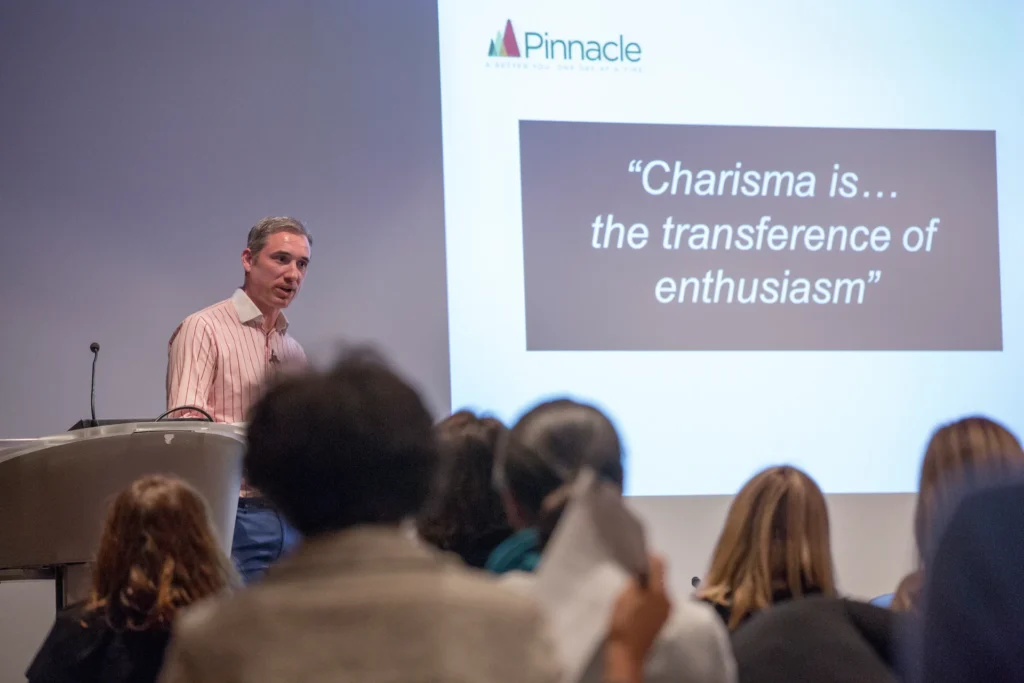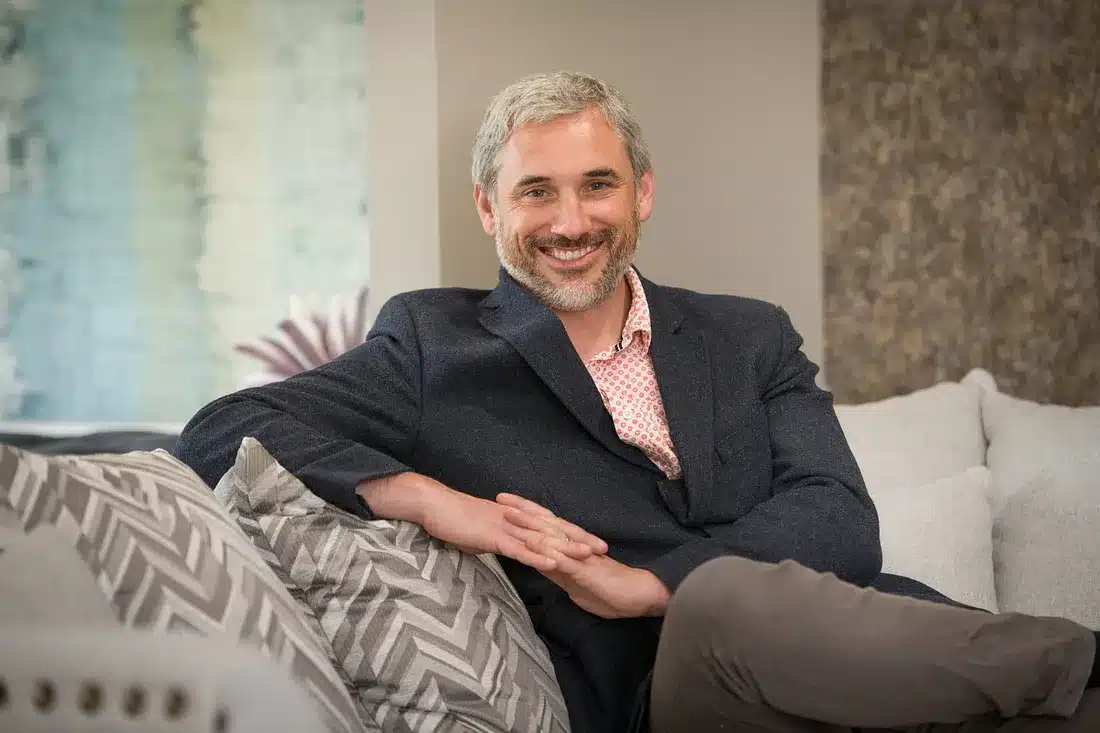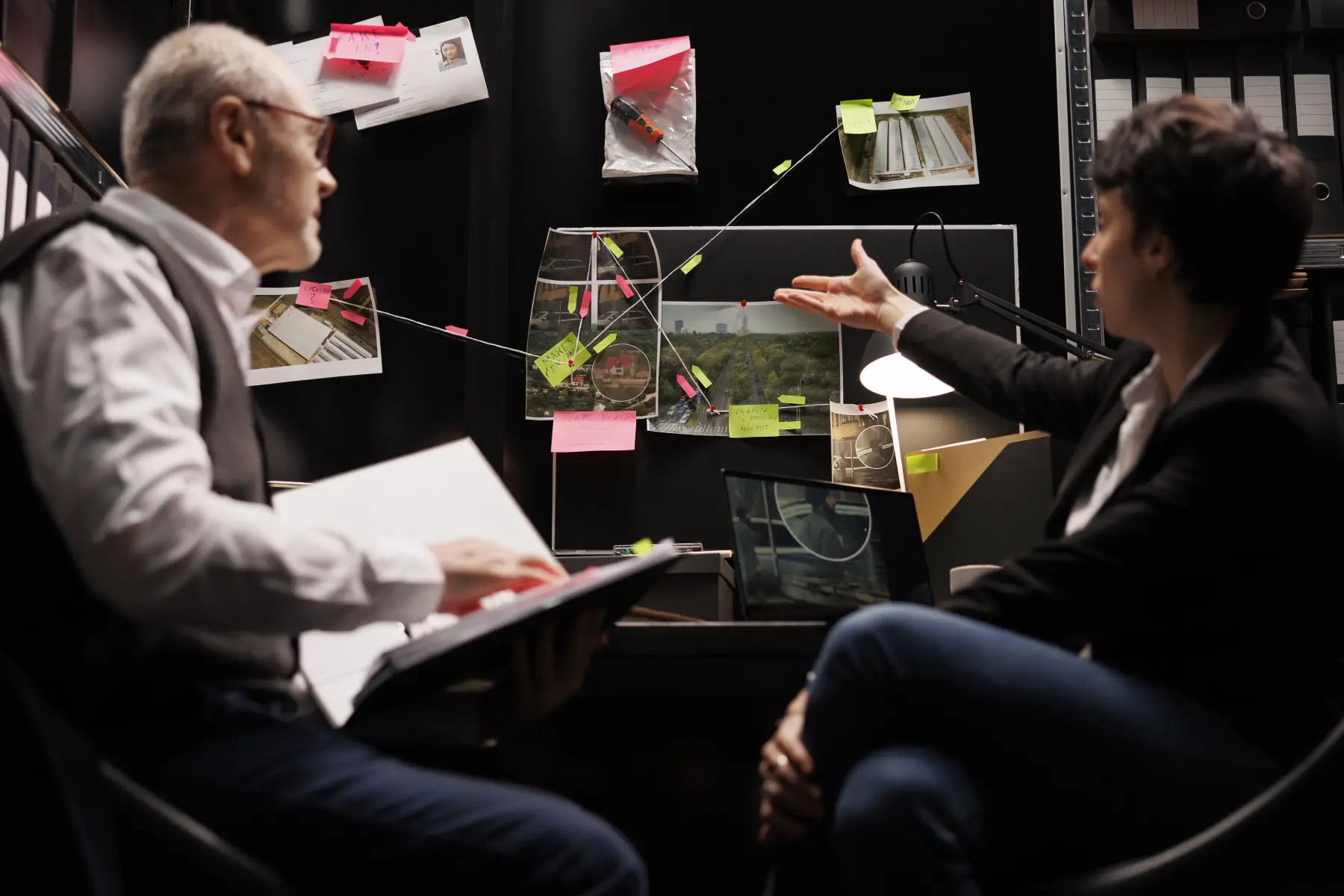Establish Trust and Rapport: When I worked for a tech startup, I encouraged one of my managers to hold regular one-on-one check-ins with her team members. She encouraged open conversations about their challenges and aspirations during these meetings, even outside work. Her support helped create a strong rapport, making everyone feel valued and heard. When the team faced a tight deadline, the trust she had built allowed them to communicate openly about their workloads.
The number one leadership initiative in any organization today is improved coaching. Coaching empowers employees, empowerment drives engagement, and engagement drives performance. At its core, coaching is about transformation. Leading distributed teams requires transforming how we coach and changing our play calls and playbooks to get things done. As a part of our interview series called “Moving From Command & Control to Coaching & Collaboration; How Leaders and Managers Can Become Better Coaches,” we had the pleasure to interview Richard Reid.
Richard is a Coaching Psychologist and HR Consultant who works with leaders and organizations globally. He is a published author and media spokesperson on Trauma, Resilience, and Charisma. He is also the former psychotherapist for the City of London Police and the former Lead Trauma Therapist for the London Underground.
Thank you for joining us to explore a critical inflection point in defining leadership. Our readers would like to get to know you better. What was a defining moment that shaped who you are as a leader?
My initial training as a psychotherapist has taught me that leadership is about more than just delivering results. It is also about prioritizing a culture of Psychological Safety involving open communication, mutual respect, and the freedom to express ideas without fear of judgment or reprisal. This process has often involved sharing my vulnerabilities and challenges as a model for others. In many ways, this runs contra to the traditional form of Leadership whereby we are taught that we must appear infallible and all-knowing. By prioritizing psychological safety, I’ve seen my team meet their potential and often surpass it.
John C. Maxwell is credited with saying, “A leader is someone who knows the way, goes the way, and shows the way.” How do you embody that quote as a leader?
I consider leadership to be a process of self-improvement and service to others. I balance developing my expertise alongside supporting and facilitating the success of those I lead.
Firstly, I think that good leadership stems from a position of self-awareness and competence. Hence, I see it as my responsibility to remain informed and capable of leading from a credible place. I also consciously aim to live and breathe the behaviors, values, and mindset I hope to see in others. These include integrity, consistency, and a “ can-do” attitude.
Beyond that, I invest considerable time in understanding everyone’s strengths and aspirations and offering support, encouragement, and constructive feedback. By applying a tailored and empathetic approach to my team members, I aim to help them maximize their career opportunities and sense of job satisfaction.
How do you define the differences between a leader as a manager and a leader as a coach?
For me, managers are generally focused on achieving specific goals, with a heavy emphasis on efficiency and adhering to established processes, potentially at the expense of innovation and the human experience. In contrast, I see a leader as someone focused on the idea of potential, both in the organization and within individuals. They are open to alternative ways of doing things and acutely geared towards developing people’s potential and encouraging them to bring their whole selves to the working environment. In other words, this is a more human-centric approach with more significant potential.
We started our conversation by noting that improved coaching is the number one leadership initiative in any organization today. What are some essential skills and competencies that leaders must have now to be better coaches?
The most essential skills and competencies are frequently overlooked because they are almost too obvious and taken for granted. These include active listening, empathy, self-awareness, humility and flexibility. Developing these skills not only helps to make us better leaders in terms of helping and supporting others, but they are vital skills that we should encourage others to model if we wish to create a dynamic and sustainable work culture.
We’re all familiar with the adage, “You catch more flies with honey than vinegar.” How are you inspiring — rather than mandating — leaders to invest in upskilling and reskilling?
Where possible, I take a human-centric approach, striving to understand the key motivators and preferences of the individual in question. If we can demonstrate a tangible link between upskilling/reskilling and their personal goals, we are more likely to achieve genuine and sustainable buy-in.
Beyond this, I think it is about adopting some of the typical sales strategies in many senses! These include highlighting the benefits, using data and real-life success stories, and nurturing a wider learning culture that normalises and actively encourages learning and development.

Now, let’s delve into the ‘Top 5 Ways That Leaders and Managers Can Be Effective Coaches.’ A relevant story or example accompanies these strategies to illustrate its application in real-world scenarios. How do you coach someone to do their best work? How can leaders coach for peak performance in our current context? What are your “Top 5 Ways That Leaders and Managers Can Be Effective Coaches?”.
Here are my top five ways:
- Establish Trust and Rapport: When I worked for a tech startup, I encouraged one of my managers to hold regular one-on-one check-ins with her team members. She encouraged open conversations about their challenges and aspirations during these meetings, even outside work. Her support helped create a strong rapport, making everyone feel valued and heard. When the team faced a tight deadline, the trust she had built allowed them to communicate openly about their workloads.
- Active Listening: With another manager, I encouraged him to invest more time developing and exercising his active listening skills. This approach helped him pinpoint areas for improvement and made the team feel valued. As a result, they revamped their sales strategy, which led to a 30% increase in sales in the next quarter.
- Goal Setting and Accountability: I encouraged one manager to organize a goal-setting workshop where each member could outline their personal and professional goals aligned with the team’s objectives. Following up on these goals during one-on-ones, celebrating achievements and discussing obstacles provided more consistent accountability and marked upturn in performance and engagement.
- Provide Constructive Feedback: One of our Project Managers focused on negative feedback during conversations with his team members. This adversely affected morale and gave team members a skewed view of their performance and overall value. Consequently, we spent time together looking at alternative strategies that still acknowledged setbacks and challenges but in a more constructive manner that promoted a Growth Mindset mentality. This new approach had a marked positive impact on morale and was consistently referred to in his subsequent 360-degree feedback from team members.
- Encourage Continuous Learning: One of my previous organizations had no precedent for learning and development. We introduced a monthly learning day during which people could dedicate time to an area of personal growth. This initiative fostered a culture of continuous improvement.
We’re leading and coaching in increasingly diverse organizations. And one aspect of workforce diversity on the rise is generational diversity. What advice would you offer about how to effectively coach a multi-generational workforce? And how do you activate the collective potential of a multi-generational workforce?
It is important to understand and appreciate differences and tailor any coaching accordingly. That said, it is incumbent on everyone to be actively involved in nurturing a culture of collaboration and inclusion. Initiatives such as mentorship or peer learning can prove invaluable in this respect.
You’re referring to emotional intelligence, in a sense. What are two steps every leader can take to demonstrate higher emotional intelligence?
Firstly, I consider active listening to be pivotal. It is not just about hearing the words; it is about concentrating, understanding, and responding meaningfully. It allows me to fully appreciate my team members’ perspectives, build trust, foster open communication, and create a collaborative environment where everyone feels valued and heard. It leads to better decision-making and improved team morale.
Secondly, I think that self-reflection is imperative. It is easy to lose sight of this when pulled in multiple directions. One effective way I incorporate this is through journaling or mindfulness exercises. For instance, after a particularly stressful day, I’ll take a moment to write down how I’m feeling and identify any triggers that led to my frustration during team discussions. By reflecting on these emotional responses, I can recognize patterns in my behavior and understand how my stress impacts my interactions with the team. Moreover, this self-reflection helps me to take a more proactive approach to my well-being and resilience. This awareness allows me to approach future situations more calmly and thoughtfully, which helps foster a more positive environment.
I can significantly enhance my emotional intelligence by implementing these two steps — practicing active listening and reflecting on my emotions. Not only does this lead to better relationships within my team, but it also makes me a more effective leader overall. These practices help create a workplace environment built on trust, empathy, and open communication.
Words matter. And we’re collectively creating a new leadership language right now. What are the most essential words for leaders to use now?
My top three phrases would be as follows:
- “How can I support you?” It opens a dialogue and shows I’m genuinely invested in helping them overcome obstacles. When a team member is concerned about their workload, asking about this can create a more collaborative atmosphere.
- “I would like to hear your thoughts”: I prioritize inviting feedback because it shows that I value my team’s input. This phrase encourages open communication and can lead to innovative solutions by leveraging each person’s unique insights.
- “What can we learn from this?”: I like to use this phrase to foster a culture of continuous improvement, especially after setbacks or mistakes. It encourages a growth mindset, helping us focus on learning rather than placing blame. Reflecting on what we can learn promotes constructive discussions and builds resilience for the future.
I keep inspiring quotes on my desk. What’s your favorite “Life Lesson Quote,” and why does it mean so much to you?
I’ve always found the saying, “You can’t always get what you want, but you get what you need,” to be profound. It speaks volumes about our desires, expectations, and the unpredictability of life.
Embracing that I might receive what I genuinely need encourages me to look for lessons and growth opportunities. It enables me to find meaning in my experiences, adapt to challenges, and seek fulfillment beyond mere desire. By shifting my perspective from what is lacking to what is available, I cultivate a mindset that embraces growth and resilience, allowing me to navigate life’s uncertainties with grace and appreciation.
Our readers often like to continue the conversation. What’s the best way for readers to connect with you and stay current on what you’re discovering?
Visit http://www.richard-reid.com to find out more.
Thank you for sharing your insights. We appreciate the gift of your time and wish you continued success and good health.
About The Interviewer: Karen Mangia is one of the most sought-after keynote speakers in the world, sharing her thought leadership with over 10,000 organizations during the course of her career. As Vice President of Customer and Market Insights at Salesforce, she helps individuals and organizations define, design and deliver the future. Discover her proven strategies to access your own success in her fourth book Success from Anywhere and by connecting with her on LinkedIn and Twitter.










